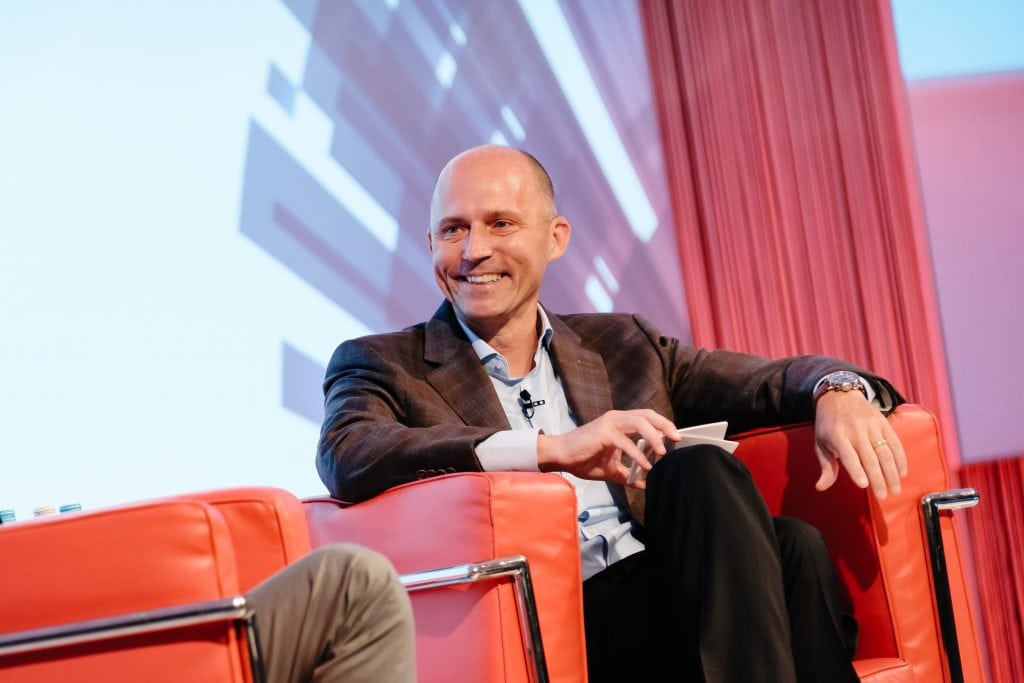U.S. Judge Rules in Favor of Sabre-Farelogix Acquisition Over Justice Department's Antitrust Objections

Skift Take
Sabre successfully defended its acquisition of Farelogix from an antitrust lawsuit by the U.S. Department of Justice, a Delaware federal court ruled on Tuesday night. The U.S. government failed to prove that the travel technology giant's $360 million purchase of Farelogix would substantially lessen competition for booking services for airline tickets sold through traditional travel agencies in the U.S.
Sabre's attorneys had asked U.S. District Chief Judge Leonard Stark to offer his decision this week to influence a decision from the UK's Competition and Markets Authority that is due at the end of this week on the same merger. Sabre's lawyers believed the British watchdogs would be unlikely to take a different stance from a U.S. federal court, especially given that Farelogix has little business in the UK, they argued.
"We now await a final decision from the CMA, which previously stated that it has 'provisionally decided that prohibition of the merger represents the only effective remedy' to its competition concerns," said Kristin Hays, vice president of global communications for Sabre, in a statement.
Get the Latest on Coronavirus and the Travel Industry on Skift's Liveblog
The eight-day court trial marked the highest-profile antitrust case ever in airline distribution. Sabre's lawyers argued that the judge should think of Sabre as a hotel that provides shampoo to guests and that Farelogix is like a shampoo manufacturer. They don't compete in a pragmatic definition of the same relevant market, they said.
Judge Stark sealed the opinion and sent it to attorneys Tuesday night. Sabre had argued that, while Farelogix and Sabre have airlines as customers, the extent of overlap in businesses wasn't large enough for a merger to be potentially anti-competitive.
Sabre had proposed the deal in November 2018. Sabre spent and set aside $20 million in attorney fees for it and Farelogix to defend the deal. Total litigation costs for the case will likely be higher, once the final tally is in.
Sabre had pursued an unconventional legal strategy. The U.S. Department of Justice had held up its acquisition of Farelogix for nine months for an antitrust review. Sabre decided in August it would go ahead with buying the airline distribution technology specialist, effectively daring the Justice Department to stop it. The Justice Department filed its suit in court in response.
Sabre President and CEO Sean Menke will be taking a victory lap this week for its bold stance in fighting the U.S. Justice Department in court over a proposed merger with Farelogix. Victory saves Farelogix from possible ruin in the short-term and could help Sabre fufill its vision of more flexible airline distribution once the coronavirus crisis has passed. Sabre will cut $200 million in costs this year to help weather the coronavirus-related crisis.
In its message to investors announcing the Farelogix merger, the company highlighted the advantages of helping to speed up the company’s technology prowess in a market where it had product gaps.
The government could appeal the decision. Sabre could also choose not to pursue the acquisition, given cost pressures due to the coronavirus-related crisis.





